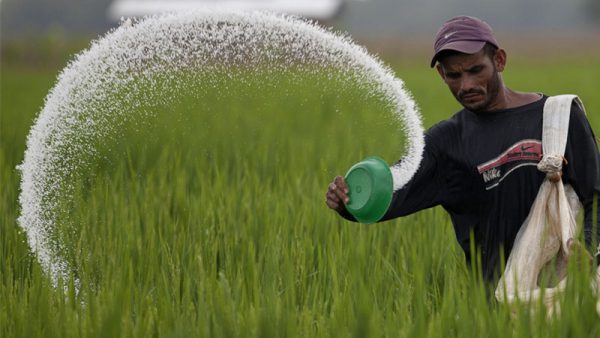The inclusion of new countries in BRICS strengthens the bloc’s prominence in the global fertilizer market.
Three of the new members are crucial exporters of this essential input for Brazilian agriculture.
Established by the governments of Brazil, China, India, and South Africa in 2009, BRICS initially included the world’s first and second largest mineral fertilizer exporters, Russia and China, respectively.
Together, these two nations account for 30% of the entire supply to the international market, per the latest United Nations data.
This translates to 32 million tons of nitrogen, phosphorus, and potassium, collectively known as NPK, which are vital for boosting crop productivity.

In 2024, six new countries are expected to join the bloc: Saudi Arabia, Argentina, Egypt, United Arab Emirates, Ethiopia, and Iran.
Among these, Saudi Arabia, UAE, and Egypt contribute 6% of the total export of these vital agricultural inputs, equating to 6 million tons of fertilizers comprising nitrogen, phosphorus, and potassium.
Brazil, a founding member of BRICS, is the world’s largest fertilizer importer.
The local production, deemed fundamental for global food security, relies on NPK-based inputs for cultivation in the cerrados (tropical savannahs).
The combination of fertilizers with increasingly efficient management techniques has transformed this biome into one of the world’s major food-producing regions.
For instance, a significant portion of Brazil’s grain crop is harvested in cerrado areas.
Moreover, the cerrados resemble African savannahs.
Thus, the cultivation technique developed by Brazilian agribusiness holds promise for expanding food production in the African continent.

